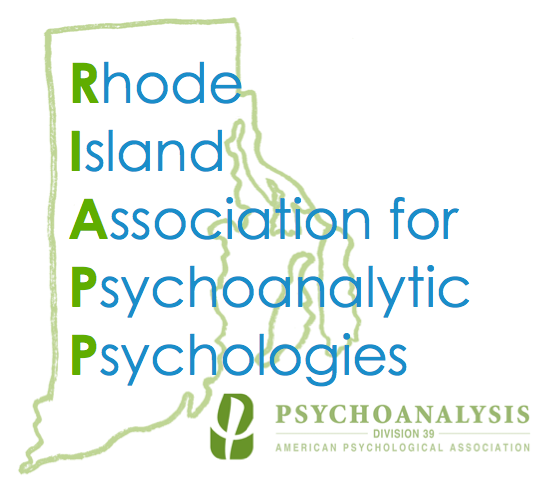This lecture will be virtual, using Zoom. Registration will open 30 days prior to the event.
1.5 Continuing Education Credits (Cross-Cultural)
Themes centering on the challenges and strengths associated with clinical work involving Intraracial/intercultural dyads are often omitted from the discourse concerning psychotherapy and psychoanalysis. Given this premise, I plan to illustrate via a case vignette how issues of ethnocultural transference and countertransference emerged as salient and functional features in psychotherapeutic work. Additionally, ideas from self-psychology, object relations theory, relational theory and intersectionality will ground the tone and tenor of my discussion.
Learning Objectives:
Upon completion of this program, participants should be able to:
1. Describe examples of ethnocultural transference and countertransference as per the case vignette presentation
2. Explain how self-object transference with intraracial/intracultural dyads can enhance therapeutic alliance
3. Explain how the curative aspects of ethnocultural transference via the case vignette contributed to the client’s psychological functioning
Biography:
Samuel R. Aymer is an Associate Professor at Silberman School of Social Work, Hunter College where he teaches the following courses: Clinical Practice and Violence Against Women. He is also the chairperson of the School’s Clinical Method. His research centers on: the intersection of trauma, partner violence and the application of psychodynamic theories in clinal work with diverse client populations. Prior to entering academia, Dr. Aymer worked for several health, mental health, and victim assistance organizations throughout New York City. Dr. Aymer maintains a clinical private practice—specializing in group and individual treatment with adolescents and adults.
References
Carter, R. (2007). Racism and psychological and emotional injury: Recognizing and assessing race-based traumatic stress. Counseling Psychologist, 35, 1-95.
Johnson, V.E., & Carter, T. T. (2020). Black cultural strengths and psychosocial well-being: An Empirical analysis with black American adults. The Journal of Black Psychology, 46, 55-87.
Kohut, H. (1977). The restoration the self. New York: International University Press.
Mayo, J. A. (2004). Psychotherapy with African American population: Modification of traditional approaches. Annals of the American Psychotherapy Association, Spring, 10–13.
Pine, F. (1990). Drive, ego, object and self: A synthesis for clinical work. New York: Basic Books, Inc.

